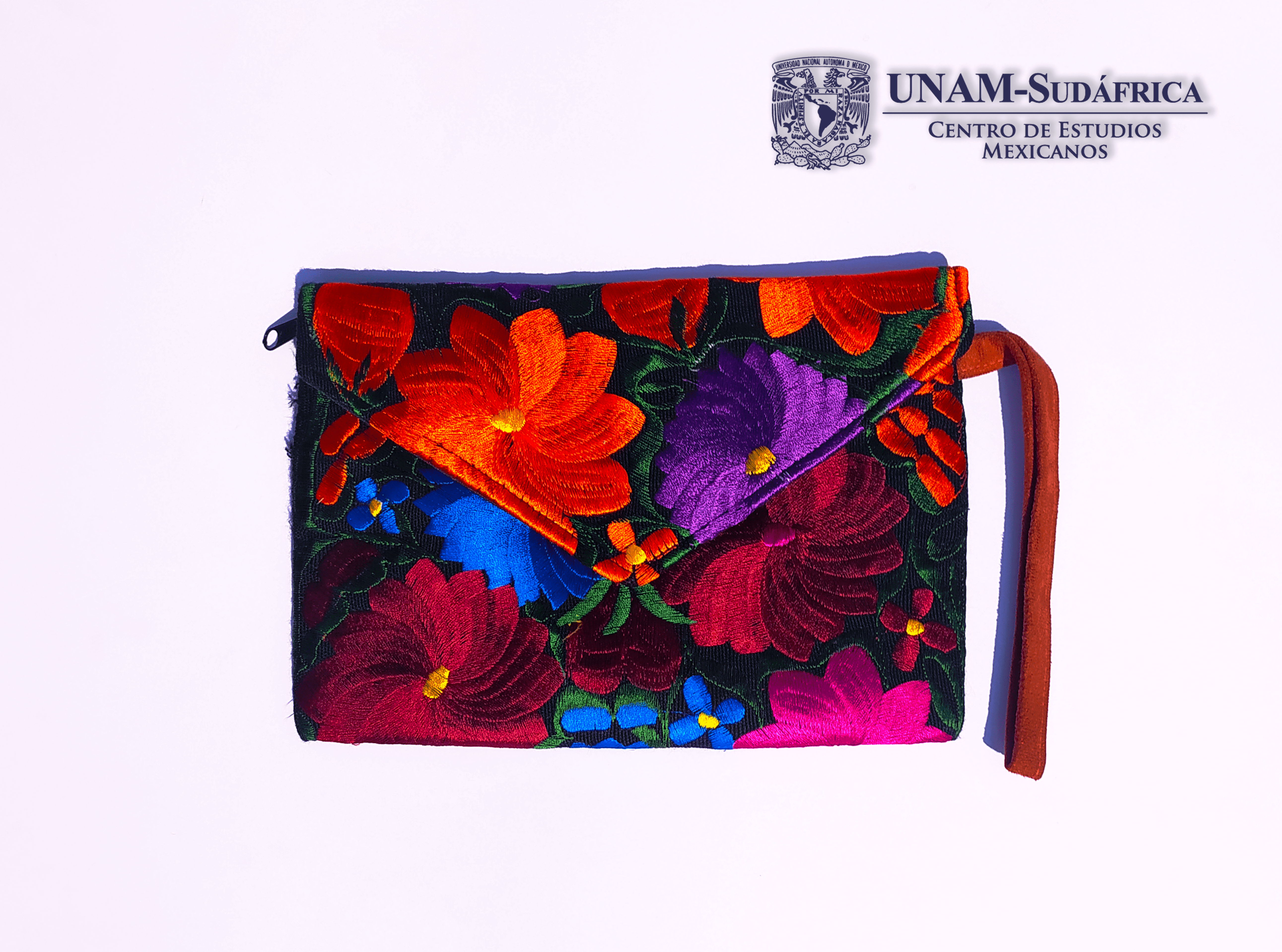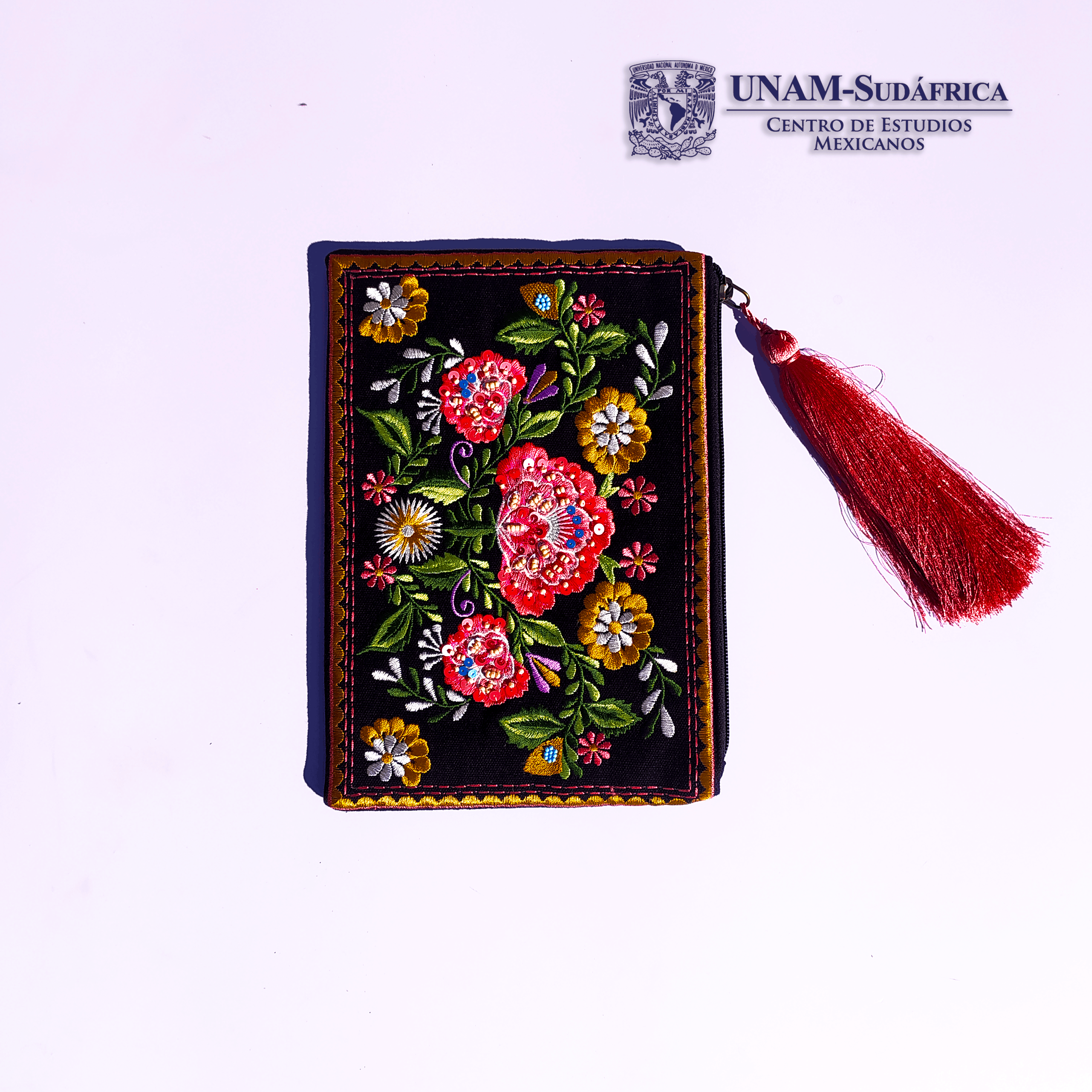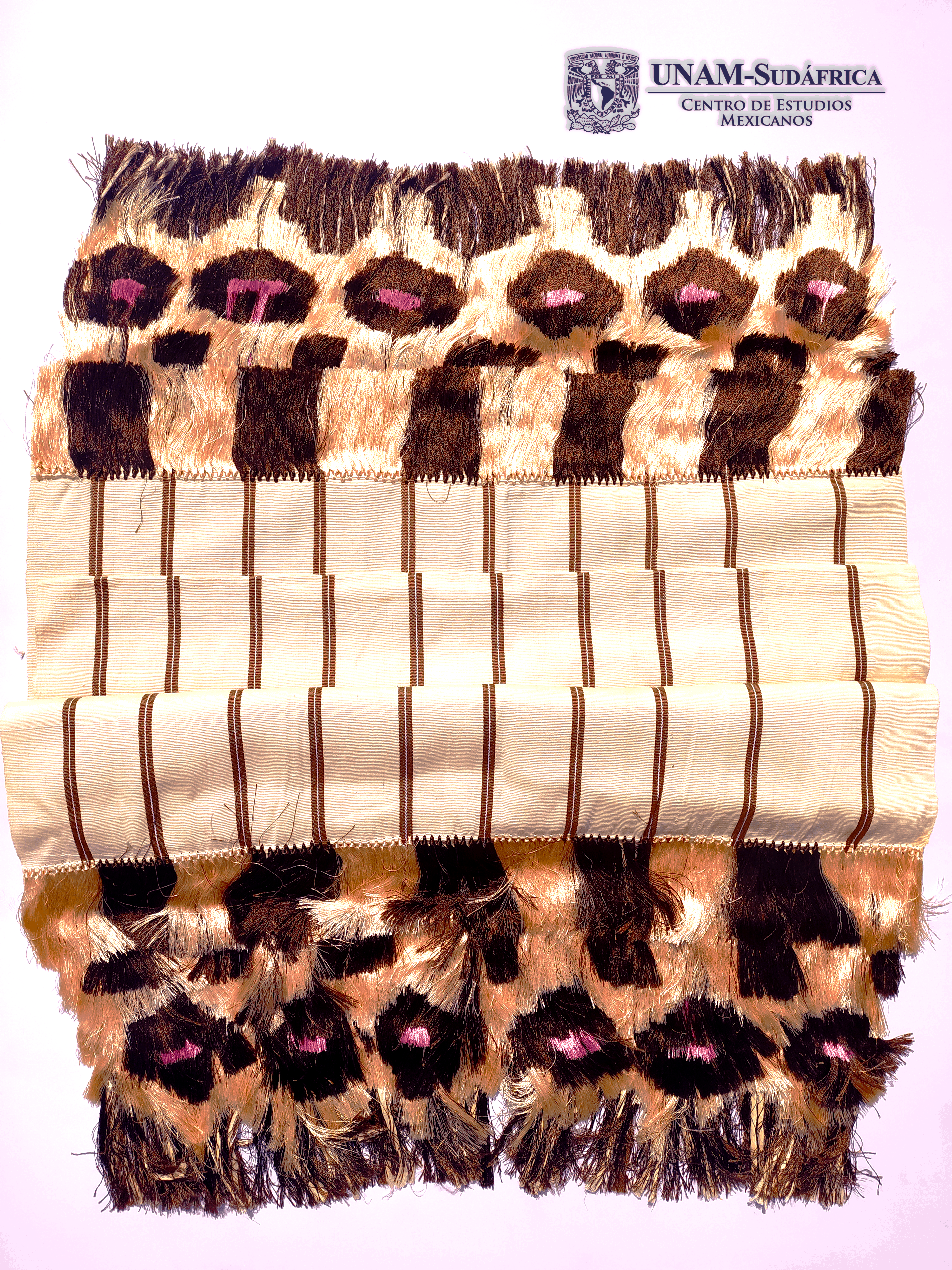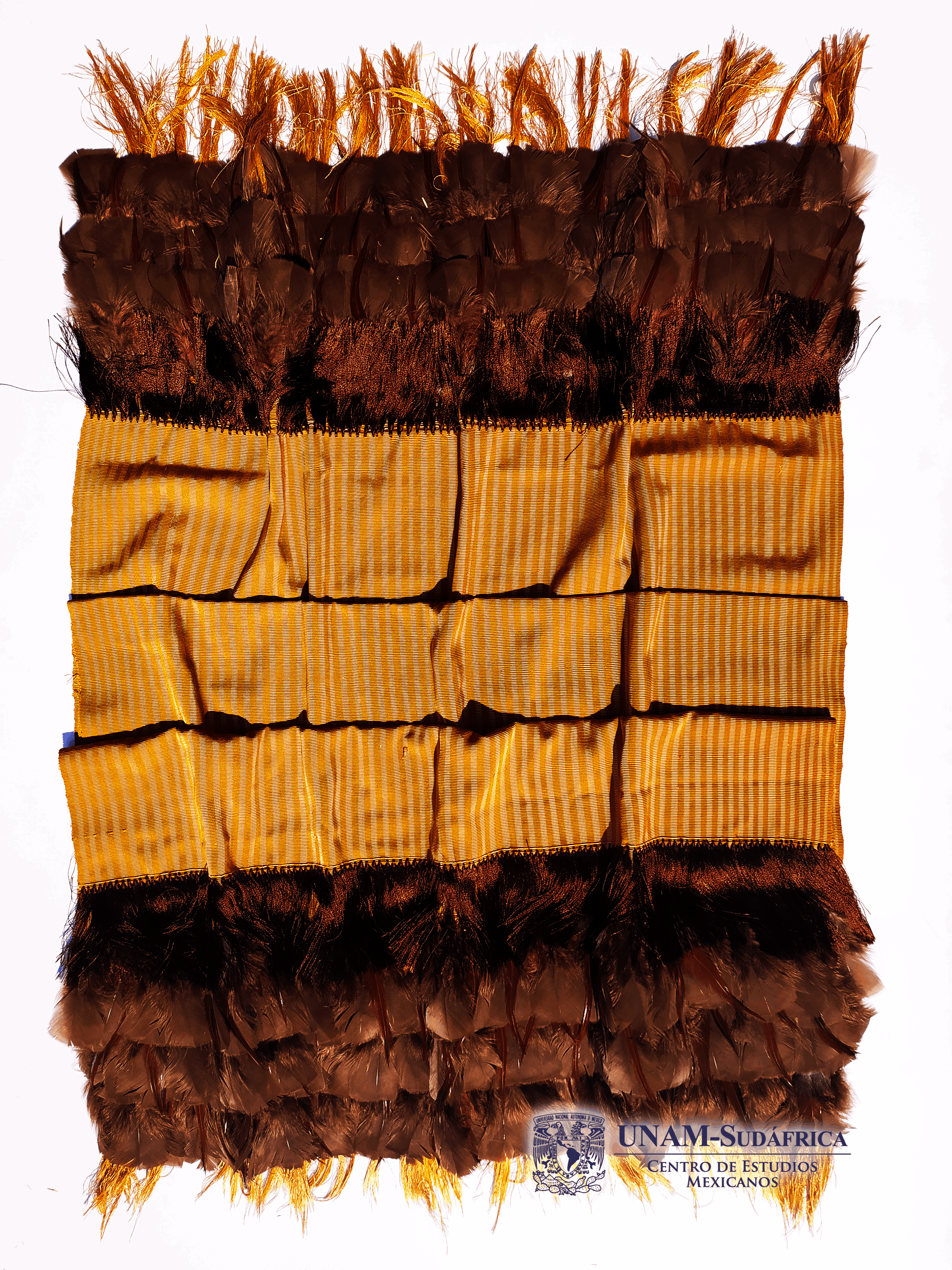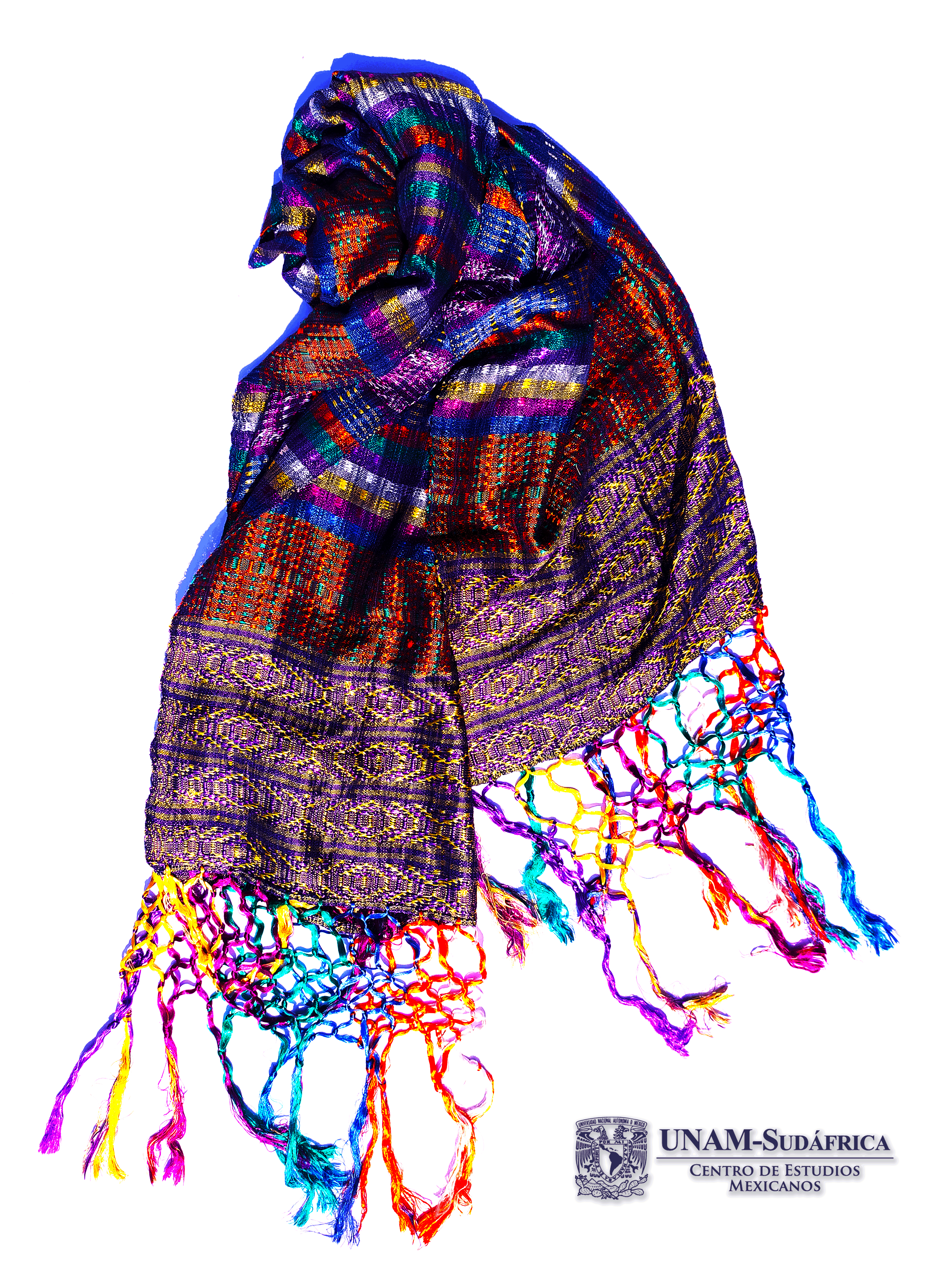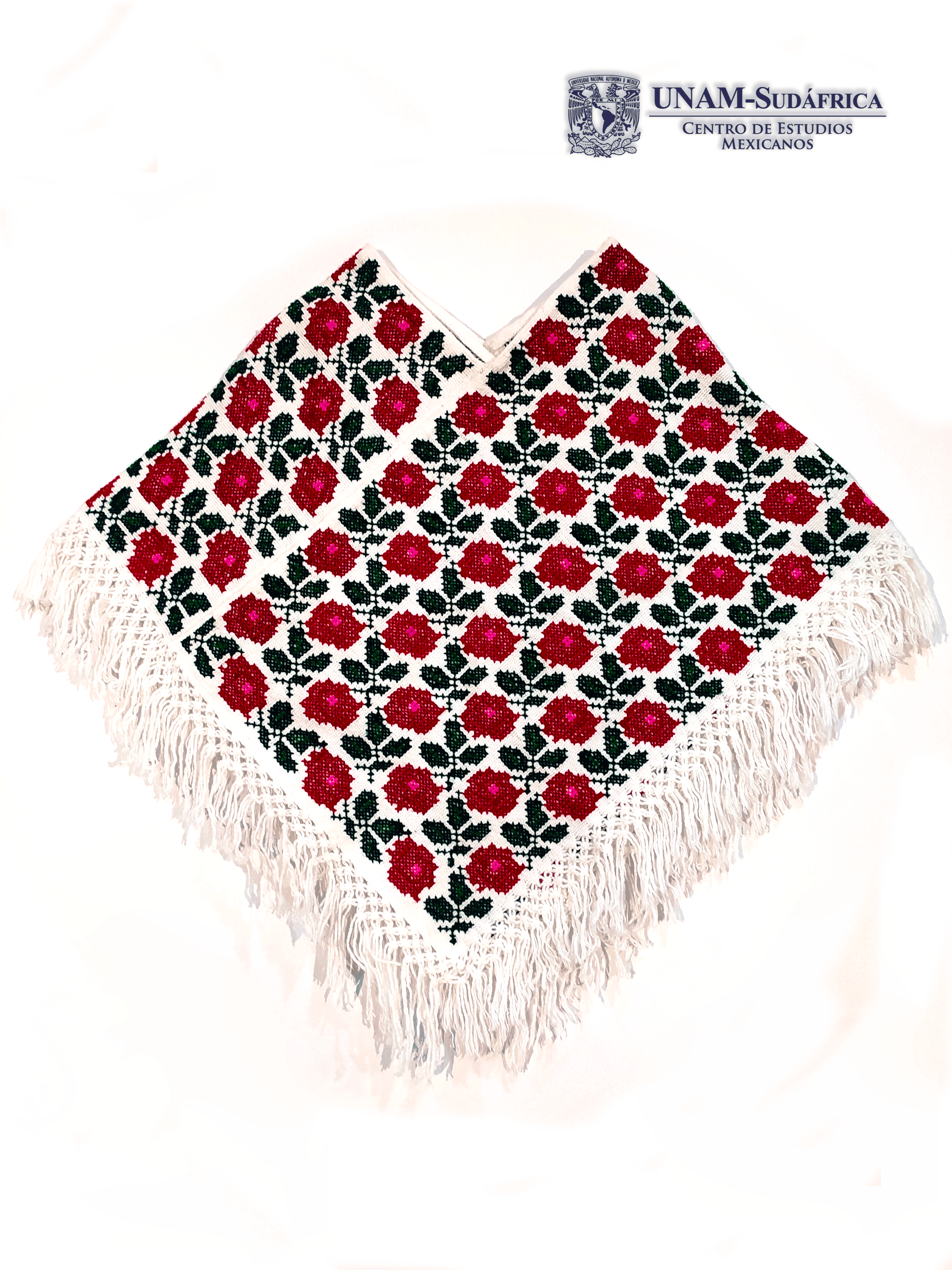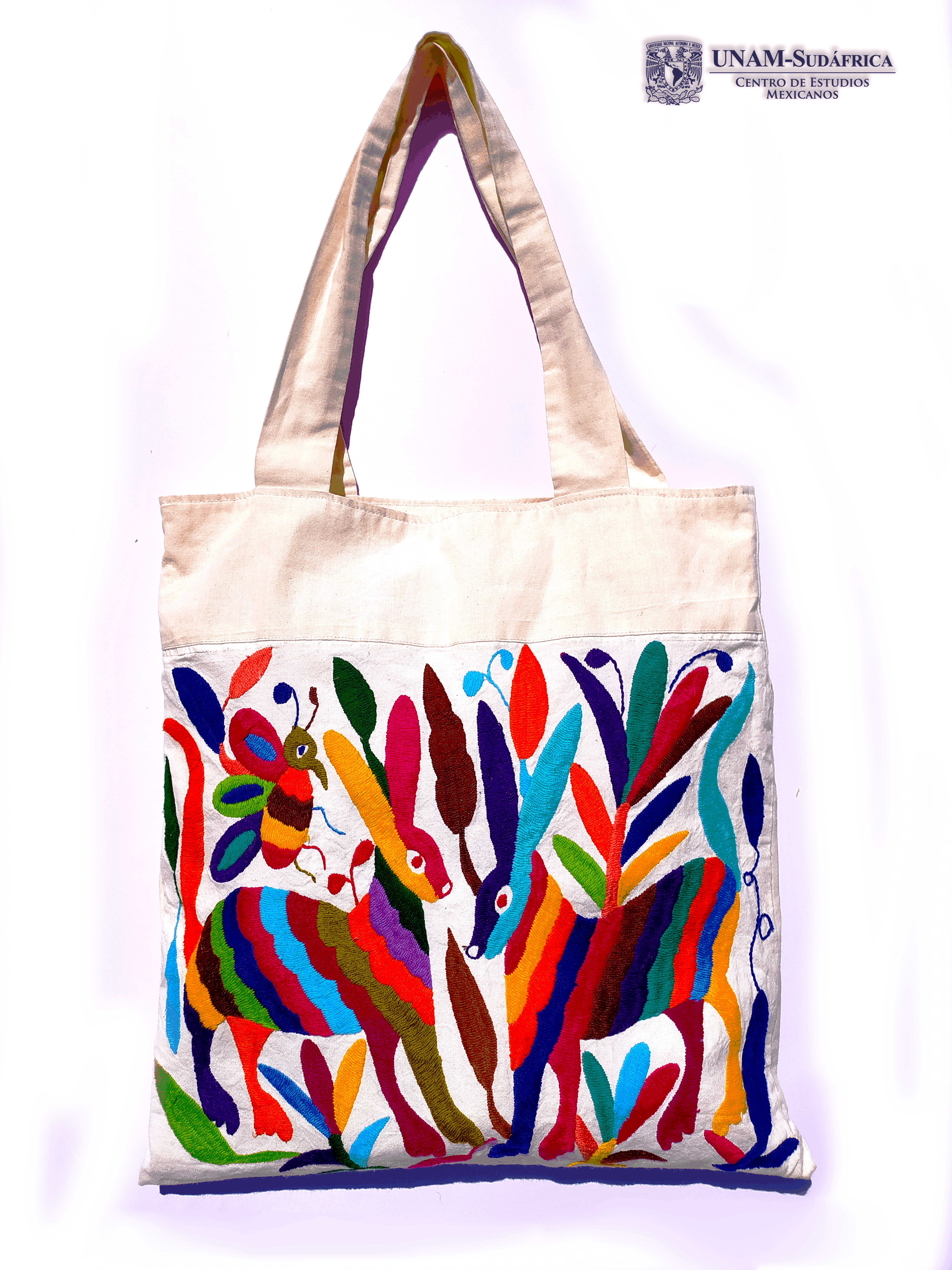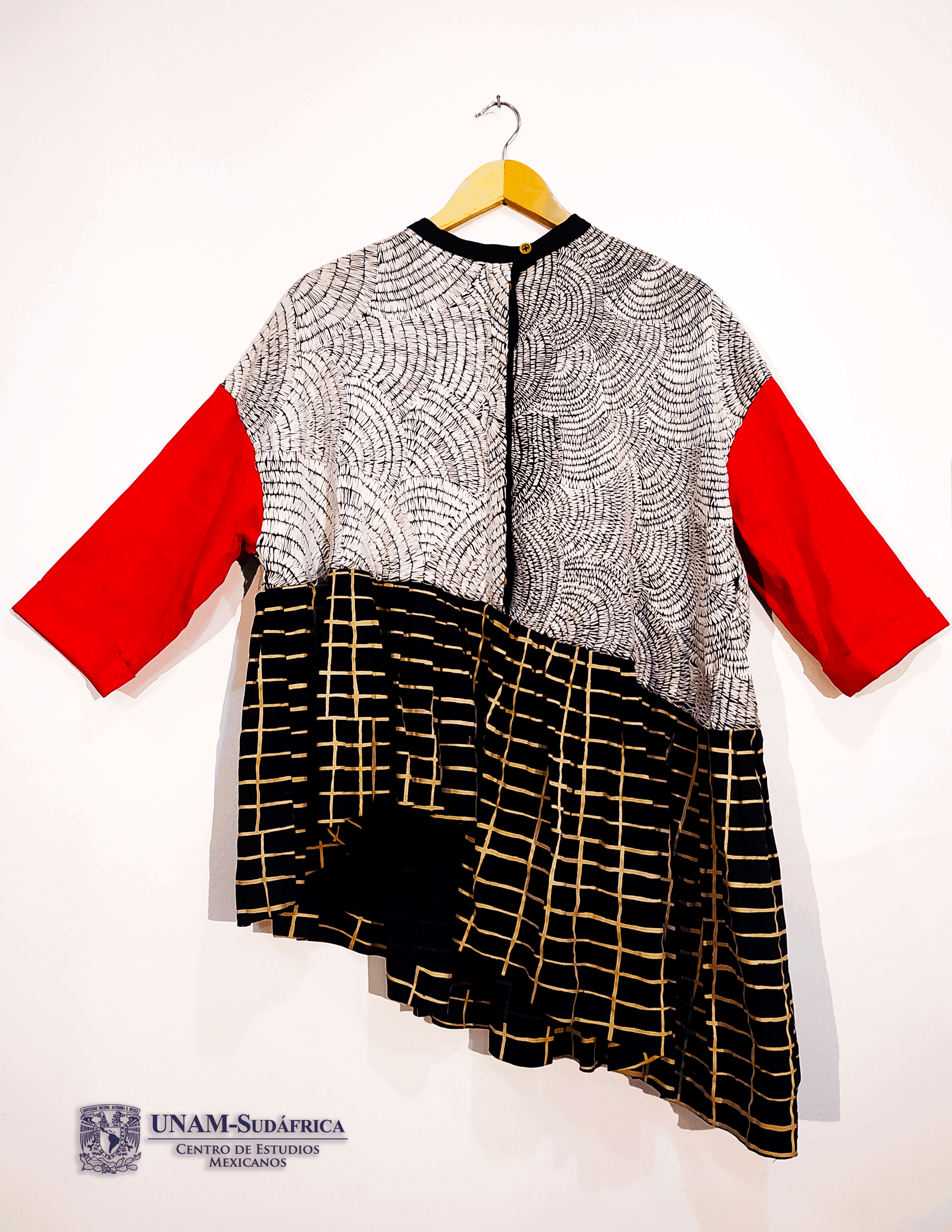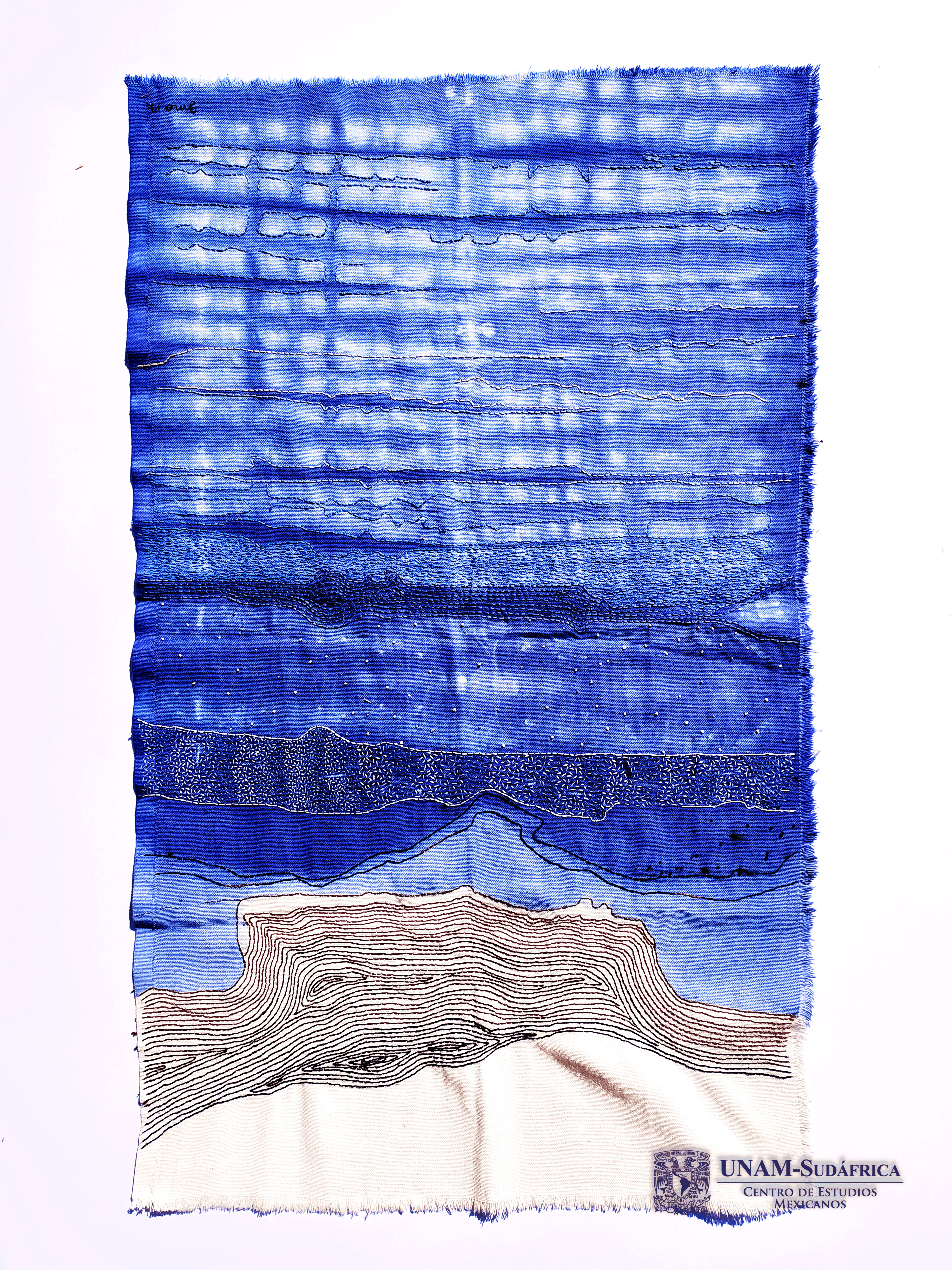
The world is changing over the years, transforming ideas and needs according to modernity, or failing
that, they disappear. In the case of textiles, their adaptation to different times has allowed the permanence
of some ancestral techniques and designs combined with more current forms and events. Glocality make
emphasis on how interconnected our societies are right now. Due to this, we cannot talk anymore about
textiles or identity without considering the global influence on it. Local events have global impacts and
vice versa.
The relationship of this concept with textiles is that the latter are now part of a global market, that is,
they arrive and are manufactured from different parts of the world, losing control over production and
sometimes modified to satisfy consumer needs, in its majority external to the local culture. However, it
must be considered that despite the commercial disadvantage, there are still Mexican producers that
have modified their production in order to enter capitalist competition.
With globalization and the interest in indigenous products, a specialized market was created that seeks
this type of garment, and those who previously saw rejection of that indigenous identity, now see an
opportunity to earn money. Despite the above, some peoples strive to maintain their local identity, which
in some senses has caused an advantage, and in others the opposite, since a supra-ethnic identity has
been formed (Contreras, 2000). Leaving the individualities but giving the opportunity to reinforce the
voice of the peoples.
